Estimated reading time: 6 minutes
Dogs that are not food motivated can be a challenge for many dog owners and trainers. Did you know, factors like emotional state, appetite and distractions could affect your furry friend’s interest in food rewards?
This article breaks down proven strategies to train your non-food motivated pup effectively, using alternatives such as play time, praise or toys.
Ready to unlock the secret to success with your less-than-food-loving canine companion? Read on!
Key Takeaways
- Factors such as emotional state, appetite, thirst, and competing reinforcers can affect a dog’s food motivation during training.
- When training your dog, try different treats and foods, use play or toys as rewards, and provide praise and positive reinforcement.
- It is important to be aware of any underlying health issues that may be affecting your dog’s motivation. Seek veterinary help if necessary.
Understanding Your Dog’s Lack of Food Motivation
When training a dog that is not food motivated, it is important to understand the reasons behind their lack of interest in food rewards. Several factors can contribute to this, including their emotional state, appetite, thirst, and competing reinforcers.
By understanding these issues, you can adjust your training approach to better suit your dog’s needs.
Emotional state
A dog’s feelings play a big part in its food motivation. If the pup is tense, scared, or worried, it may not show interest in food rewards. Lots of dogs lose their drive to eat when they don’t feel safe or are too eager about something else.
A dog can also get so stressed that it won’t care about treats at all. But we can trick its brain if we give food before the stress gets high enough. This makes the dog feel good and helps keep up its love for food even close to things that upset it.
Appetite
Dogs may show less interest in food rewards if they don’t feel hungry. This can happen when a dog has constant access to kibble, known as free-feeding. A full pup could lose the need for a food reward during training.
If your dog isn’t interested in treats you’re offering, try setting meal times instead of free-feeding.
Thirst
Dogs need water just like us. Some dogs drink a lot of water, known as polydipsia. If your dog has this, it may not want food because it is full on water. You must know how much water your pup should drink every day for good health.
A very thirsty dog might not be interested in food rewards during training sessions. Your vet can help you if your dog drinks too much or too little water.
Competing reinforcers
Sometimes a dog may not be motivated by food during training because they have competing reinforcers. This means that there are other things in their environment that they find more rewarding or interesting than the treats you’re offering.
For example, your dog may be more interested in playing with a favorite toy or exploring their surroundings than responding to food rewards. It’s important to understand what other things your dog finds reinforcing and try to incorporate them into training sessions alongside treats.
By finding alternative rewards that your dog enjoys, you can increase their motivation and make training more effective for them.
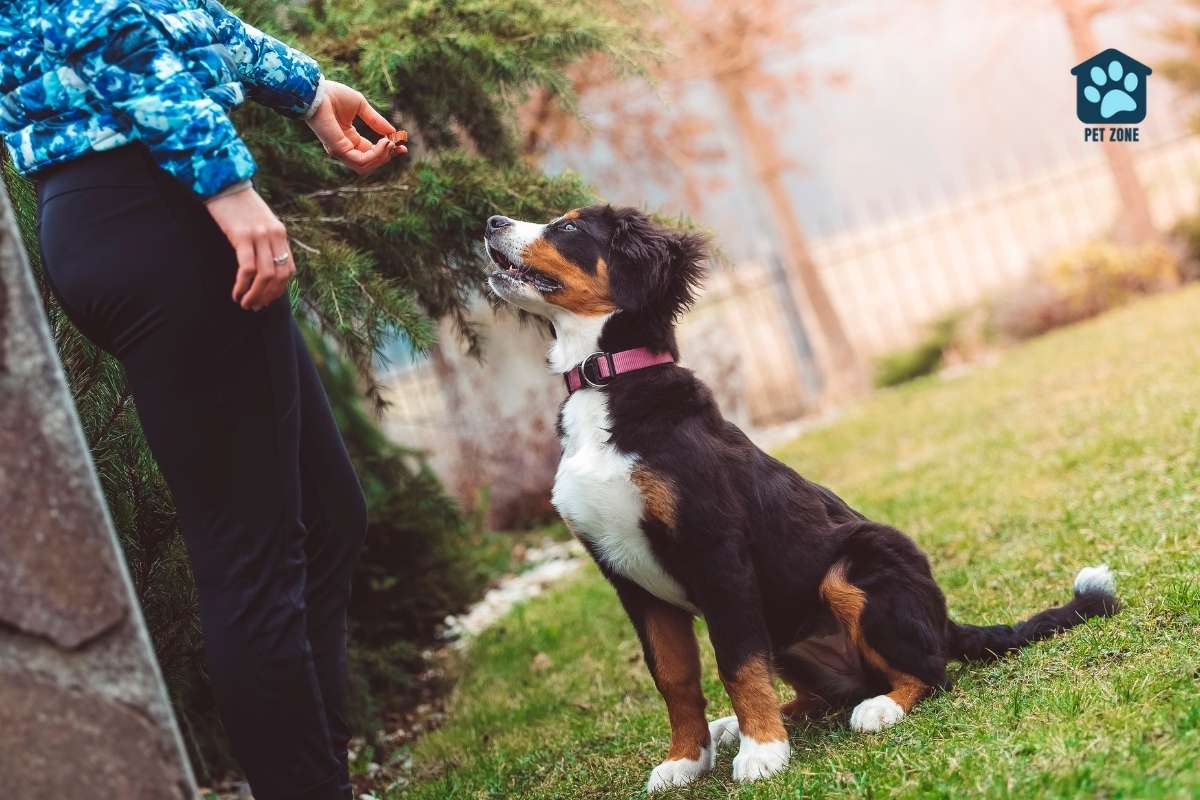
Tips for Training a Non-Food Motivated Dog
During dog training, it’s important to experiment with different treats and foods that might catch their interest. You can also consider using play or toys as rewards instead.
Additionally, praise and positive reinforcement can go a long way in encouraging desired behaviors. Be aware of any underlying health issues that may be affecting your dog’s appetite or motivation.
Experiment with different treats and foods
To train a dog that is not food motivated, you can try different treats and foods. Here are some options to consider:
- Use high-value treats: Some dogs may be more interested in certain types of treats over others. Experiment with different flavors, textures, and sizes to find what your dog finds most appealing.
- Try meat or cheese: If your dog isn’t motivated by traditional training treats, consider using foods like small pieces of cooked chicken or cheese. These can be more enticing for dogs that aren’t as food motivated.
- Offer variety: Just like humans, dogs can get bored with the same treats all the time. Mix it up by offering a variety of different treats during training sessions to keep their interest.
- Use natural rewards: In addition to traditional treats, you can also use natural rewards like small pieces of fruits or vegetables that are safe for dogs. This can be a healthier alternative and still be rewarding for your pup.
- Consider non-food rewards: If your dog isn’t interested in food rewards at all, you can try using other forms of reinforcement such as play or toys. For example, give them a favorite toy as a reward when they perform the desired behavior correctly.
Consider using play or toys as rewards
You can try using play or toys as rewards when training a dog that is not food motivated. Here are some tips:
- Use interactive toys, such as puzzle toys or treat-dispensing toys, that require the dog to engage with them to get a reward.
- Incorporate play into the training session by using a favorite toy as a reward for desired behaviors.
- Make the toy more appealing by making it squeak or adding a scent that your dog loves.
- Hide toys until the next training session to create a sense of novelty and excitement for the dog.
Use praise and positive reinforcement
Positive reinforcement is a great way to train a dog that isn’t food motivated. Dogs respond well to praise and rewards, so when your pup does something good, make sure to give them lots of verbal praise, petting, and attention.
You can also use toys or playtime as rewards instead of treats. By associating positive things with their desired behaviors, your dog will be more motivated to learn and follow your commands.
Remember to be consistent with the positive reinforcement and always reward your dog immediately after they exhibit the desired behavior.
Be aware of underlying health issues
It is important to be aware of any underlying health issues that may be affecting your dog’s motivation. Sometimes, a lack of food motivation can be due to medical reasons. If your dog isn’t interested in food rewards or doesn’t seem motivated by treats during training sessions, it could be a sign of an underlying health problem.
It is recommended to report this behavior and take your dog to a veterinarian for a proper diagnosis and treatment if necessary. Remember, addressing any potential health issues is crucial in helping your dog regain their motivation and improve their training progress.
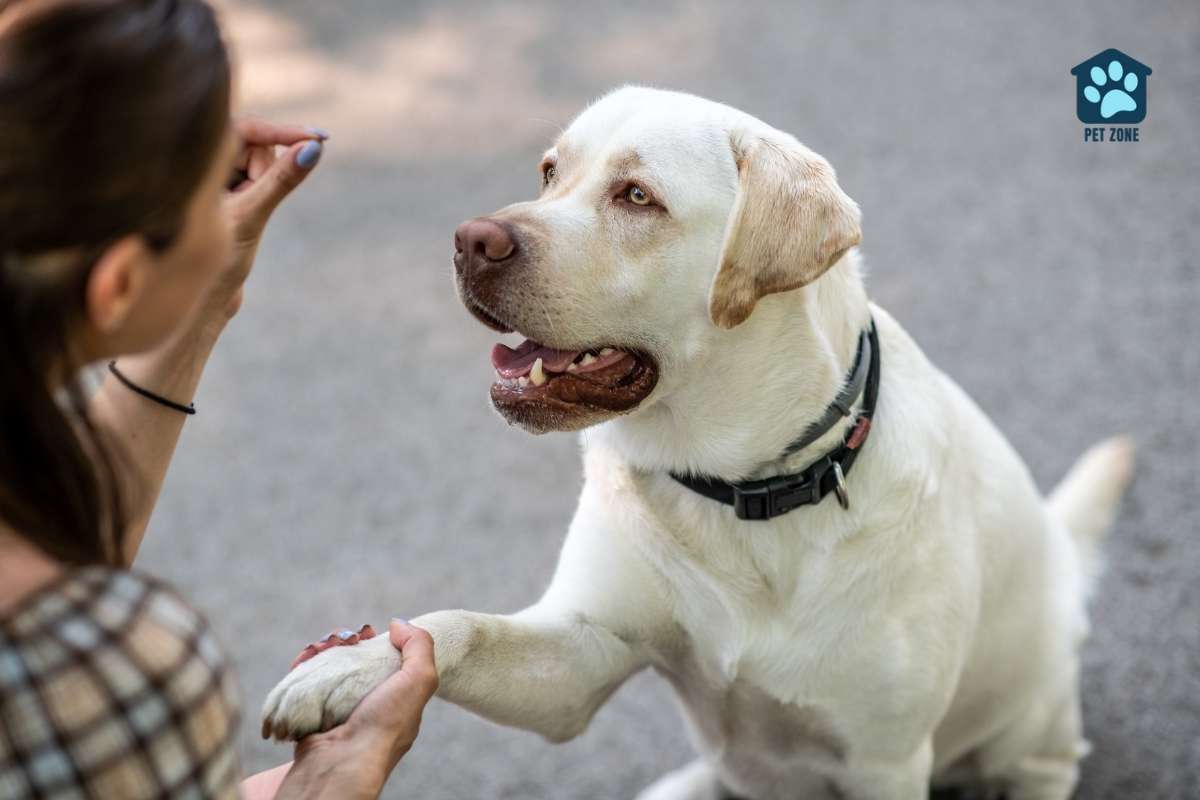
Conclusion
Training a dog that is not food motivated can be challenging but not impossible. By understanding your dog’s individual needs and preferences, experimenting with different rewards, and using positive reinforcement techniques, you can still successfully train them.
Remember to be patient and persistent, and don’t hesitate to seek professional help if needed. With the right approach and plenty of love and encouragement, you can achieve your desired behavior from your non-food motivated pup.
Happy training!
As an Amazon Associate I earn from qualifying purchases.
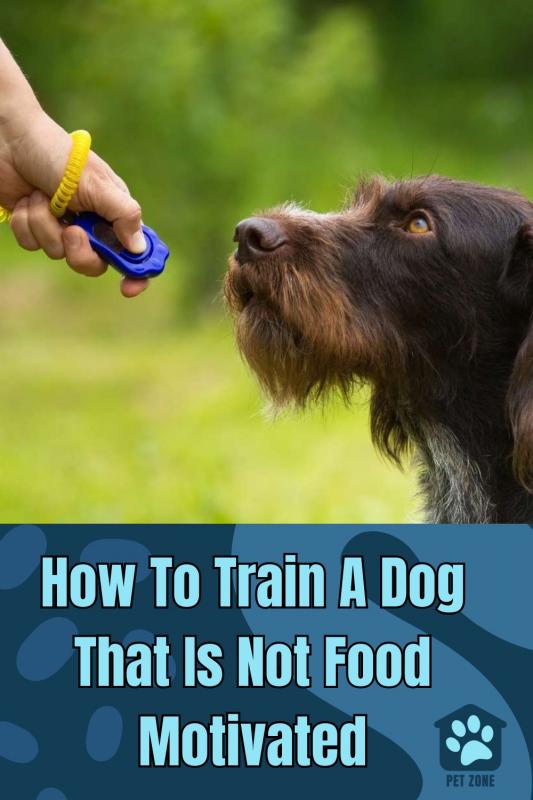


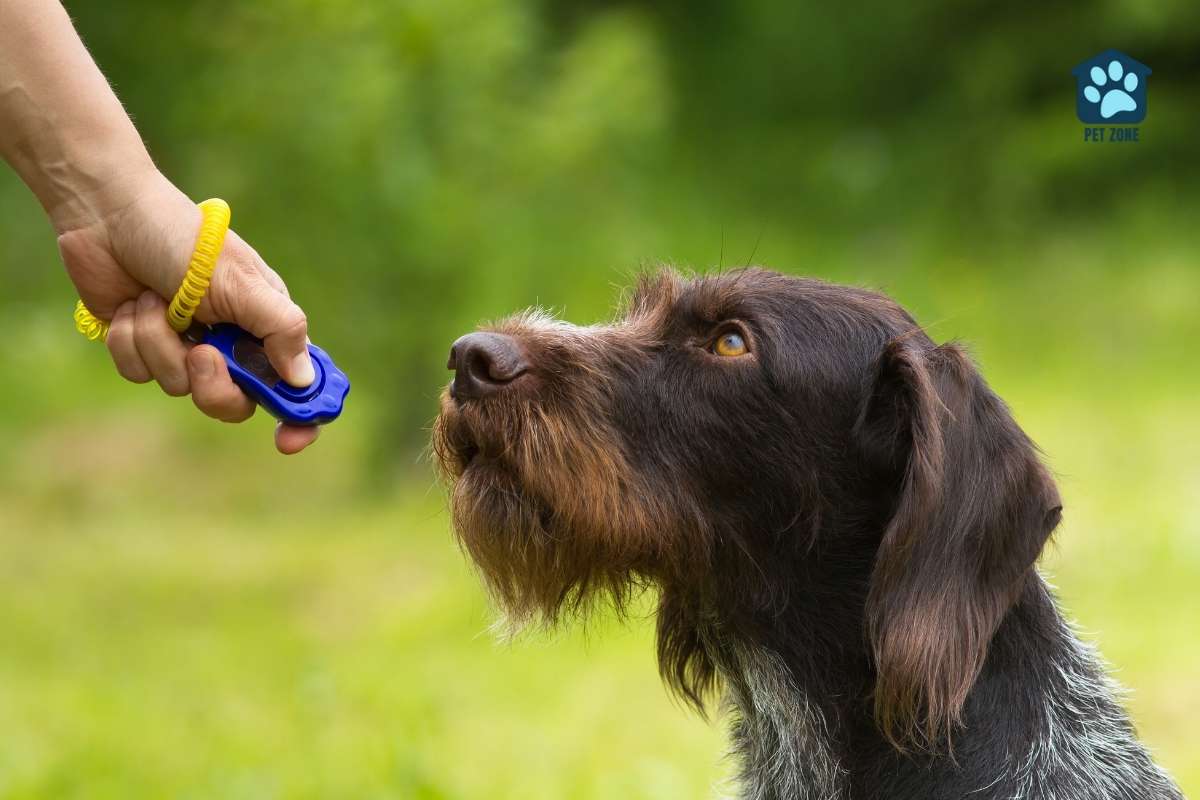

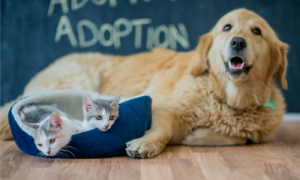


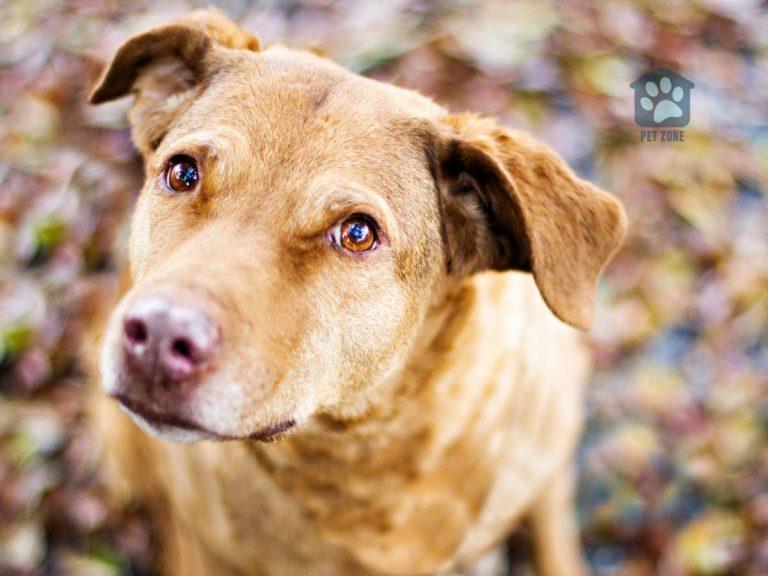
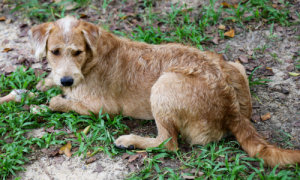
This is super helpful! I’m sending it to my brother who recently adopted a dog who was saved from a meat market. He is not food motivated so maybe this can help! Thank you!
I still remember our first year with our dog when we just had a really hard time getting his attention in puppy class. He was the wildest of the group, and we had to get really really creative. We opted to prepare the best homemade high-value treats we can make. That eventually helped us together with not feeding him as much before class.
He ended up actually being very food-motivated. Today, he is almost 6 years old, and every day, he demands his mental food-related rituals, including frozen kongs and sniffing games with treats. It’s so much easier to train a food-motivated dog!
Great tips for training our dogs. Although he was also motivated by food, my Malinois was trained for police work with toys. Toys were his biggest reward!